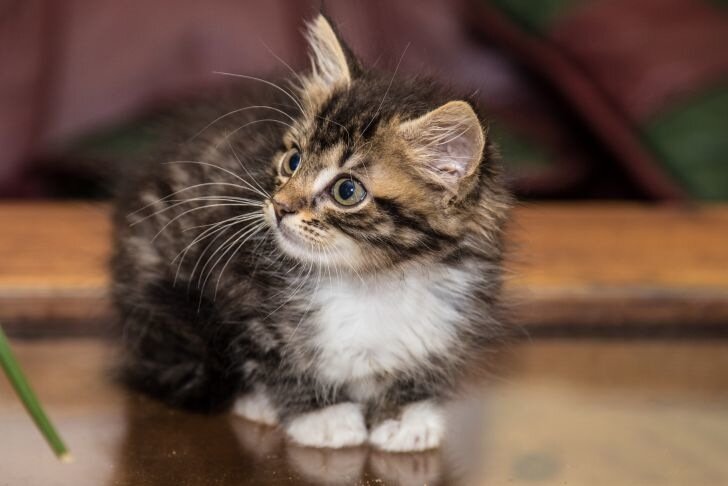What to Do If Your Cat Bites You Badly: Must Read
Cat owners know very well that their pets have a distinct character.
Sometimes this character can manifest itself in a not very pleasant way, for example, in the form of bites. Why do cats bite?
How can you teach them a lesson and break them of this habit? And what to do if biting becomes a serious problem?
Cat bites are not only uncomfortable, but can also be dangerous. Cat teeth are very sharp, and bites can lead to infections. If a cat bites a child, the consequences can be especially serious. Therefore, it is important to understand the causes of aggressive behavior and know how to prevent bites.
Causes of Aggressive Behavior in Cats
Before taking any action, it is important to understand why your cat bites. Aggression in cats can be caused by a variety of factors.

Fear or anxiety is one of the common reasons. If a cat feels threatened, it may bite to protect itself. This can happen in unfamiliar surroundings, when meeting unfamiliar people or animals.
Pain or discomfort can also trigger aggression. If a cat is in pain, such as from an injury or illness, it may bite to avoid being touched.
Don't forget about games. Sometimes cats bite during play, especially kittens. This is natural behavior, but it is important to teach your cat to play without biting.
Sometimes a cat redirects its aggression. If it is excited or upset, for example, by the sight of another cat outside the window, it may redirect its aggression to the nearest object – you.
Don't forget about territoriality. Cats are territorial animals and they can defend their territory from other animals, including people.
How to stop a cat from biting
If your cat bites, it is important to take steps to correct its behavior. First, identify the triggers of aggression.
Pay attention to the situations in which the cat bites. This will help you understand the reason for aggression and avoid provoking factors.
Never punish your cat physically. Physical punishment is ineffective and can make aggression worse. The cat will not understand why it is being punished, and this can undermine its trust in you.
It is better to use positive reinforcement. Reward the desired behavior, such as calm behavior or playing without biting.
Use treats, praise, and affection to show your cat that it is doing the right thing. It is important to provide your cat with a safe space.
Make sure your cat has a place where she can feel safe and relaxed. This could be her bed, her house, or just a secluded corner.
Use toys to redirect your cat's energy. Provide your cat with toys to bite instead of your hands or feet. This will help her channel her energy in a positive direction.
Previously we talked about how to choose a bed for a puppy .
